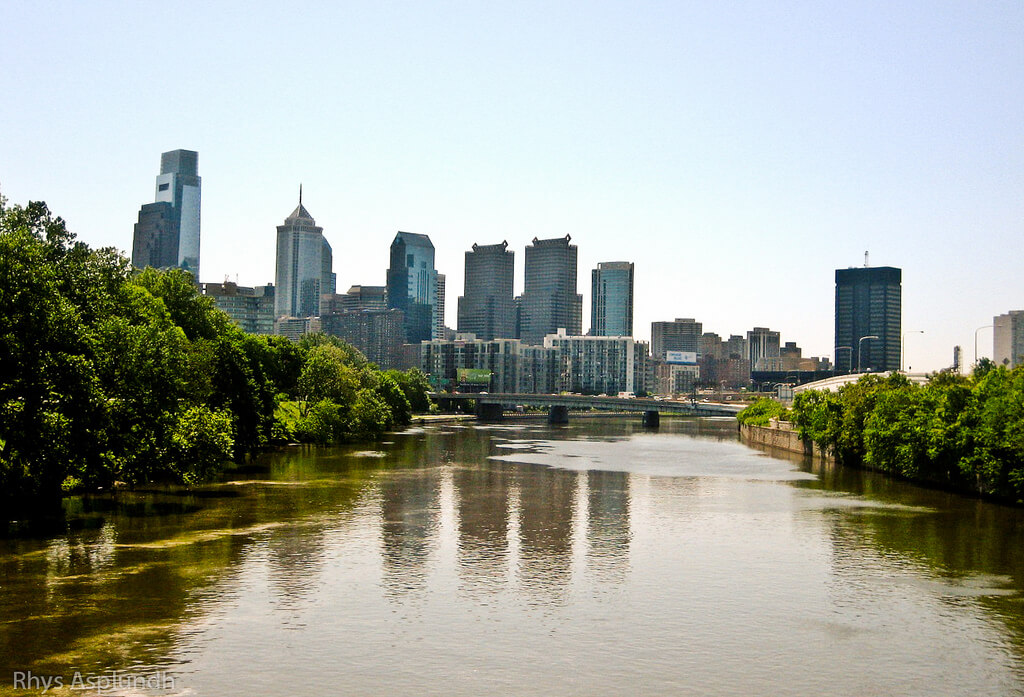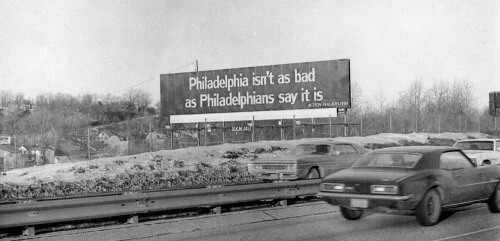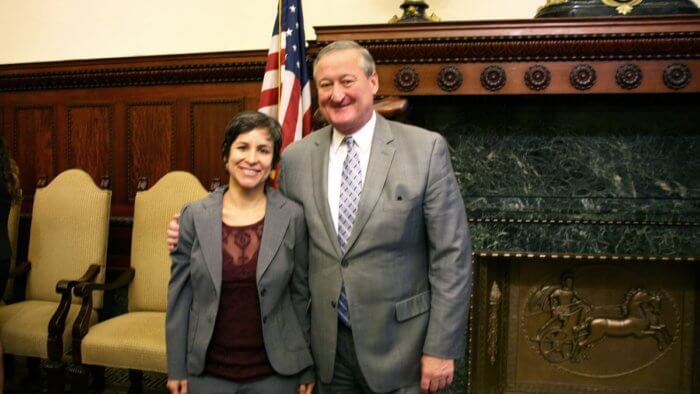City residents will start paying higher water and sewer rates this year.
The Water, Sewer and Stormwater Rate Board announced hikes to be phased in over two smaller increases: a 5.1-percent increase will go into effect July 1, and a 4.5-percent increase will take effect next year. On July 1, a typical resident can expect their monthly bill to increase from $67.43 to $70.87. On July 1, 2017, with the full 9.6 percent increase in effect, average bills will jump to $74.05.
The Board also announced it’s taking steps to implement a program to help low-income residents. Water Rate Assistance Program (IWRAP) will allow customers to pay reduced rates based on a percentage of their income. The Water Department (PWD) will begin accepting applications to IWRAP by late spring 2017.
These are the first increases for customers in two years, and the inaugural rate decision for the Board since its founding in 2015. The Board seeks to increase its total revenue by $89 million.
PWD’s Commissioner affirmed the need for a rate increase in a testimony to the Board in February. In the department’s continued effort to provide high-quality drinking water, such increases will “optimize [the] quality and reliability of treatment procedures,” said Debra McCarty, who was appointed to her position in January. The Guardian released a report in January allegingPhiladelphia officials were skewing water tests to “downplay the amount of lead in samples,” putting itself in a risky position to become the next Flint, Michigan. But in March, McCarty told Philly Mag that, despite the presence of lead pipes in the city, thewater is safe. “Philadelphia’s drinking water is lead-free, and there are clear differences between Flint and Philadelphia,”McCarty told the magazine, pointing to the fact that Flint changed its water source, whereas Philly has not. Still, McCarty said PWD is developing a program to help residents replace their water pipes — for about $1,500 to $2,000. She told the magazine that program would debut later this year.
Phila. residents can expect near 10 percent water rate hike

Creative Commons/Rys. A































